MercoPress. South Atlantic News Agency
Tag: Argentine inflation
-
Thursday, January 16th 2020 - 08:52 UTC
Argentine Inflation ended 2019 at 53.8%, the highest figure since 1991

Inflation in Argentina ended 2019 at 53.8%, the highest figure since 1991 when the peso was pegged to the US dollar, data institute Indec said on Wednesday. Indec said the cost of living increased by 3.7% in December alone.
-
Wednesday, July 17th 2019 - 22:19 UTC
Argentina's inflation expected to stay on the downpath in July
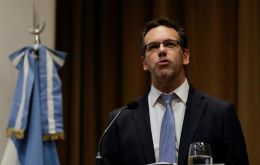
Argentine Central Bank President Guido Sandleris Tuesday admitted inflation remains “high,” but he forecast July's figures will be smaller than those of June in light of the current “clear trend” to the downside.
-
Friday, March 15th 2019 - 08:48 UTC
Argentine inflation in February, 3.8% and 51% in twelve months; central bank new measures
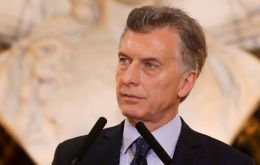
Argentina’s stubbornly high inflation accelerated again in February, the government said on Thursday, sparking the central bank chief to pledge new measures to rein in rising prices that have dogged the South American economy over the last year.
-
Friday, September 21st 2018 - 08:24 UTC
Argentine stock market booming with new highs for seventh day running
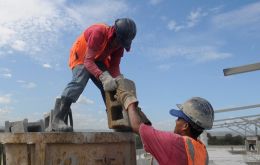
The Argentine stock market is booming and on Thursday confirmed its seventh day running increase as investors are flocking encouraged by an imminent accord between the president Mauricio Macri administration and the IMF for a new loan package including reforms and a balanced budget in the next 18/24 months.
-
Saturday, August 18th 2018 - 07:00 UTC
Macri anticipates more Argentines will fall into poverty this year
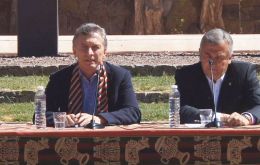
More Argentines are likely living in poverty now compared with last year, President Mauricio Macri said on Friday, as the country's economy slides toward recession following a currency crisis and a severe drought that harmed farm output.
-
Thursday, July 19th 2018 - 07:44 UTC
Macri offers optimistic forecast of Argentine economy, pledging growth will return next year
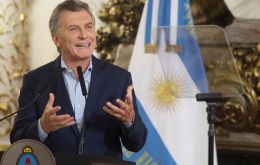
Argentina’s economy will return to growth in 2019, President Mauricio Macri said on Wednesday, following a year marked by higher-than-expected inflation and a run on the Peso currency that many economists anticipate will lead to a recession.
-
Saturday, February 17th 2018 - 09:55 UTC
Argentine January inflation 1.8%; minister admits it is a slower pace than expected
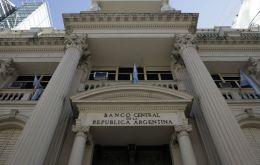
Argentina's Consumer Price Index (CPI) rose by 1.8% in January 2018, after increasing 3.1% in December 2017, said the country's statistics office Indec. Despite the deceleration, the reading was higher than market expectations for the monthly consumer price inflation (+1.5%). The result was primarily influenced by higher costs for entertainment and culture (+3.5%).
-
Sunday, December 21st 2014 - 23:44 UTC
'Inflation above 30%', says De Mendiguren
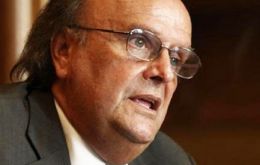
Lawmaker and member of the Argentine Industrial Union (UIA) José Ignacio de Mendiguren said that inflation is not 40% as some private indexes say, but he pointed out that it is not around 24% as the government says either. “I think it is over 30%,” he said.
-
Saturday, November 15th 2014 - 07:59 UTC
Argentine inflation: make your pick, in October anywhere from 1.2% to 2.3%
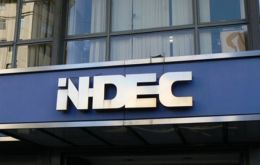
A reliable universally accepted rate of inflation in Argentina seems hard to come by although there are a battery of estimates, each of them arguing they are supported by statistically proven methods and thus the certainty of the indexes released.
-
Thursday, May 2nd 2013 - 07:06 UTC
YPF admits ‘inflation in Argentina is a problem” and could be higher by next year
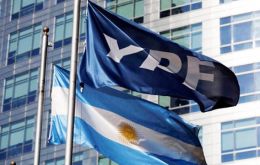
Argentine nationalized energy company YPF warned on Tuesday that inflation in the country may keep rising and affect its results, a rare admission considering the company is controlled by a government known for playing down the problem.
